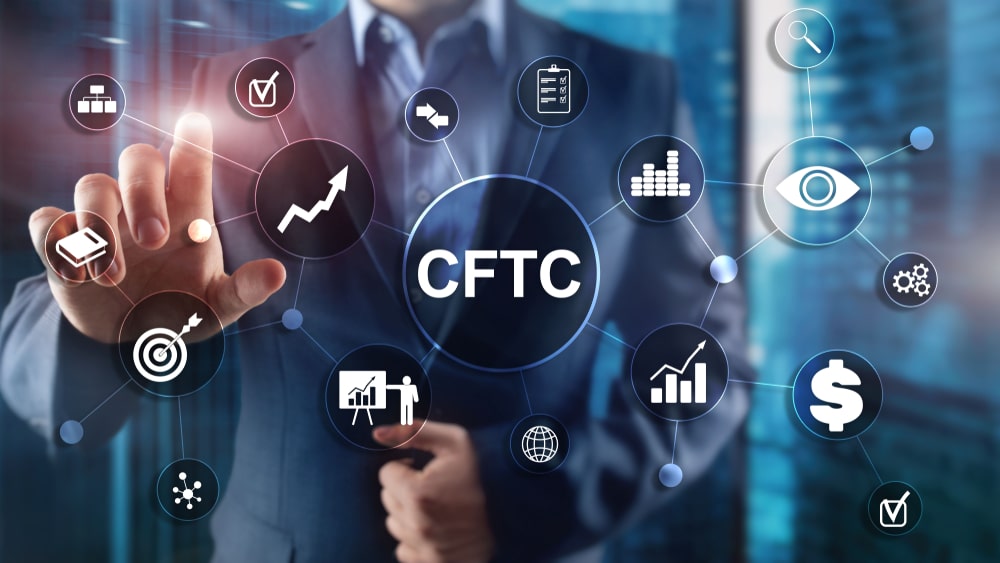The CFTC’s rush to sue Ooki DAO has angered cryptocurrency advocates. They argue that subject members might have been informed instantly, stating that the CFTC’s notification method was inadequate.
On Monday, November 21, four initial plans were released in response to previous objections from the CFTC.
The CFTC notified Ooki company associates by announcing notifications on DAO-managed web pages and notifying them via chatting programs on the DAO webpage, but the brief stated that this notification method was illegal. The target DAO member had to be informed immediately.
The trial
This is in reaction to the CFTC’s initial disagreement with the Amicus report registered by the DeFi Education Foundation, investment business Paradigm, and crypto legal group LeXpunK.
By filing a lawsuit against decentralized autonomous organizations (DAOs) in general, not against their members, the authorities are trying to make a new juridical occurrence to later use it in trial with other companies.
Agency claims
This Fall, the CFTC filed a lawsuit against Ooki DAO, alleging that it provided cryptocurrency derived assets to Americans without permission. Customer C. bZeroX, Ooki’s predecessor, was also subject to similar allegations by the CFTC.
The CFTC is urging jurists to adopt their new notification strategy. The CFTC has inquired the California adjudicator in charge of the lawsuit to sanction a new method of serving notices, acknowledging that it could jeopardize the entire case.
In response, the CFTC said in a statement last week that the DAO knew all about the lawsuit and was therefore duly notified (its workers discoursed this on the DAO chatting rooms and posted on the DAO’s Twitter page).
The new report refutes this, arguing that it is inadequate. In a statement released on Monday, Andreessen Horowitz said he declined to discuss any of the CFTC’s efforts to track DAO members.
The verdict continued to say that governors might have to search for people to serve under California law. The CFTC trusts the very subtle theoretical differences among the Ooki DAO and its protocol, as said by LeXpunK. The documentation is classified as software by the CFTC.

